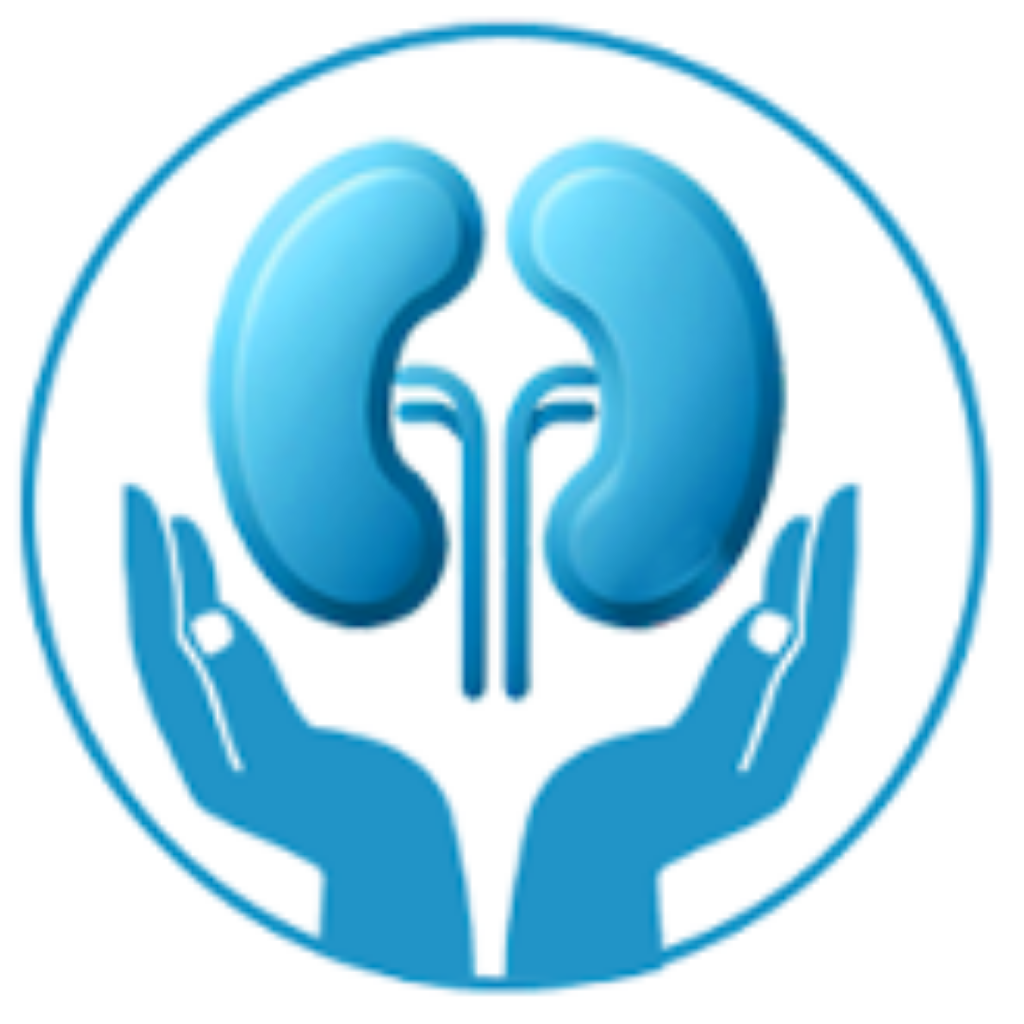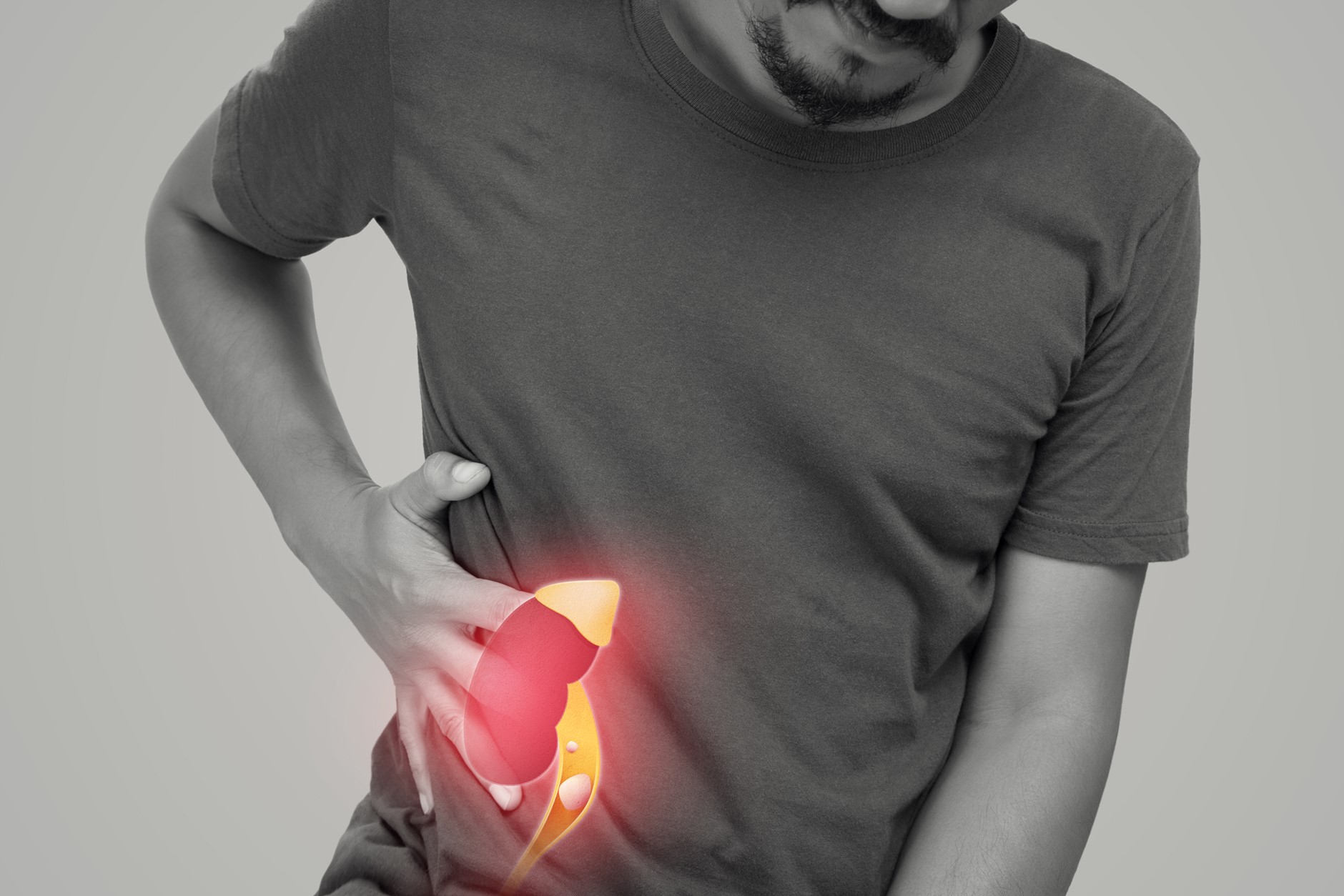Kidney stones are hard deposits that form in your kidneys. They can cause pain and other health problems. If you are searching for kidney stones treatment, you may wonder about the best ways to treat kidney stones, how to remove them, and what recovery looks like. This blog will explain treatment options, their effectiveness, and how you can recover well. We will also share tips to help prevent kidney stones in the future.
What are Kidney Stones?
Kidney stones are small, hard lumps made of minerals and salts. They form inside your kidneys when certain substances in your urine become too concentrated. Over time, these substances stick together and create stones. Anyone can get kidney stones, but some people are more at risk. For example, those who do not drink enough water or have certain medical conditions may develop them more easily.
Symptoms of Kidney Stones
Kidney stones can cause a range of symptoms. Sometimes, you may not notice them until they move or block urine flow. Common signs include:Severe pain in your back, side, or lower bellyPain while urinatingBlood in your urine (it may look pink or red)Frequent urge to urinateCloudy or foul-smelling urineNausea or vomitingFever and chills (if infection is present)
If you notice these symptoms, you should seek medical help right away. Early treatment can prevent complications.
Diagnosis of Kidney Stones
Doctors use several methods to diagnose kidney stones. First, they will ask about your symptoms and medical history. Then, they may use tests such as:Urine tests to check for blood or mineralsBlood tests to look for high levels of certain substancesImaging tests like ultrasound, X-ray, or CT scan to find stones
With these tests, doctors can find the size, type, and location of the stone. This helps them choose the best treatment for kidney stones.
Treatment Options for Kidney Stones
There are several ways to treat kidney stones. The right choice depends on the size, type, and location of the stone, as well as your health. Here are the main options:
Medical Management
Drinking more water to help flush out small stonesTaking medicines to relax the urinary tract and ease stone passageUsing medications to dissolve certain types of stones
For small stones, these steps often work well. However, larger stones may need more help.
Minimally Invasive Procedures
Shock Wave Lithotripsy (SWL): Uses sound waves to break stones into smaller pieces so they can pass more easily.Ureteroscopy: A thin tube is passed through the urinary tract to remove or break up stones.
Both methods are less invasive than surgery and usually have a quick recovery time.
Surgical Options
Percutaneous Nephrolithotomy: A small cut is made in the back to remove large stones directly from the kidney.
Surgery is usually for very large or stubborn stones that cannot be treated with other methods.
Pain Management
Doctors may give pain relievers to help you feel better while passing a stone.Anti-nausea medicines can also be used if you feel sick.
Managing pain is important during kidney stone removal and recovery.
Recovery and Aftercare
After kidney stones treatment, recovery depends on the method used. Most people recover quickly after minimally invasive procedures. However, you may feel sore or tired for a few days. To help your body heal:Drink plenty of water to flush out any remaining stone fragmentsTake all medicines as prescribedFollow your doctor’s advice about activity and dietWatch for signs of infection, such as fever or chills
If you have any concerns, contact your healthcare provider right away. Good aftercare can help prevent future stones.
Prevention Tips
While kidney stones can happen to anyone, you can lower your risk. Here are some simple tips:Drink at least 8–10 glasses of water each dayLimit salt and animal protein in your dietEat more fruits and vegetablesStay active and maintain a healthy weightFollow your doctor’s advice about medicines or supplements
By making these changes, you can help prevent kidney stones from coming back.
In summary, kidney stones treatment offers many options, from simple home care to advanced procedures. Each method has its own benefits and recovery time. If you think you have a kidney stone, do not wait. Consult a urologist for personalized advice on kidney stones treatment.

